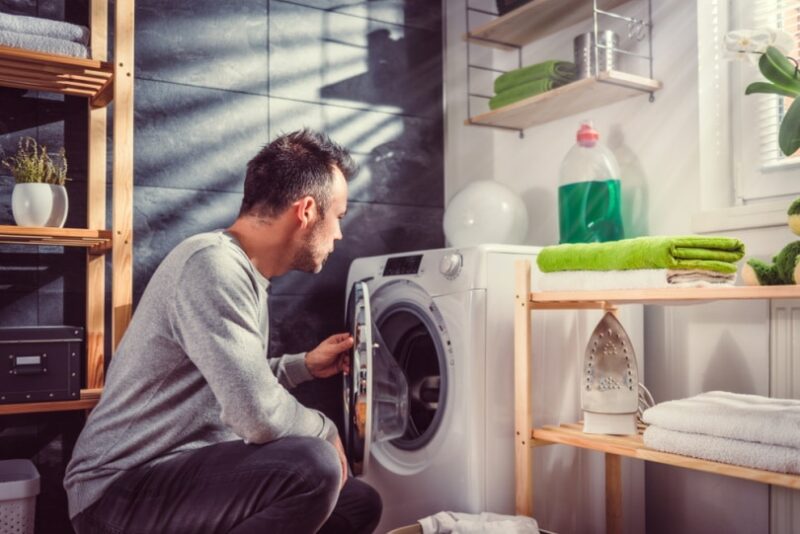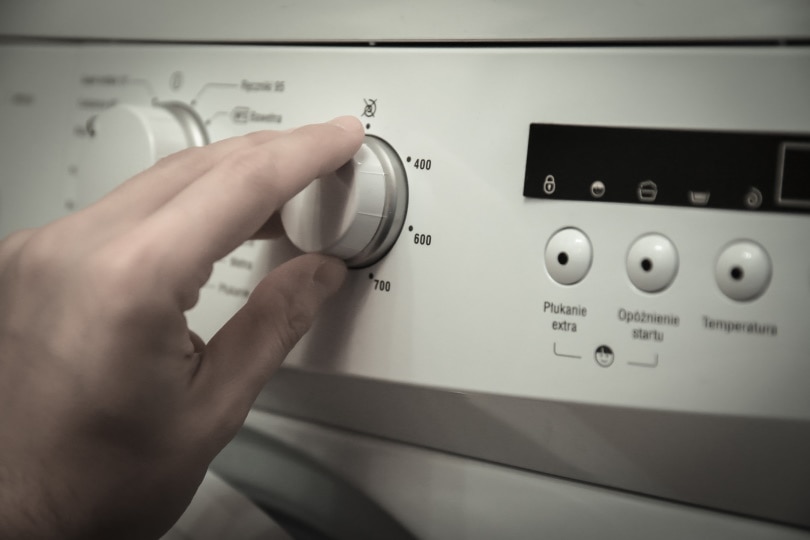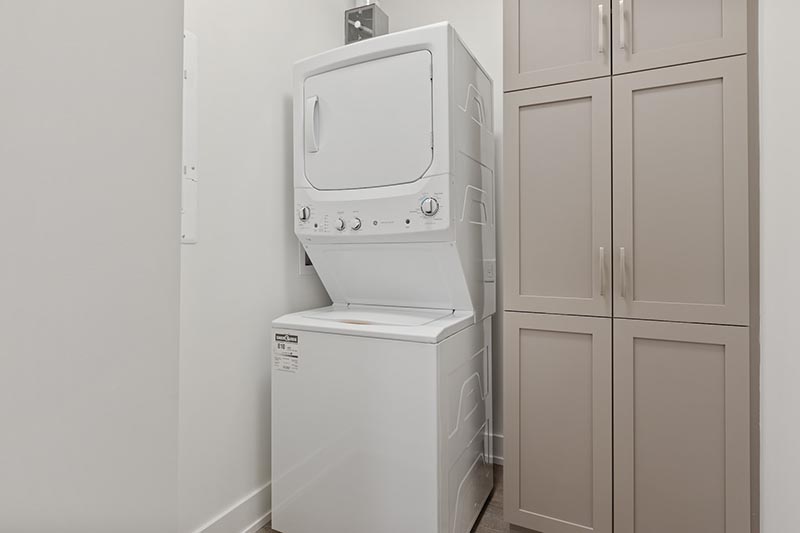How Do I Tell If My Dryer Is Electric or Gas?
-
Pete Ortiz
- Last updated:

It is important to know if you have an electric or gas dryer in your home. Gas appliances require specialized maintenance and hookups in order to function properly. Ignoring maintenance for natural gas appliances, lines, or valves can be extremely dangerous. It is easy to ignore regular maintenance and upkeep if you don’t realize you have a gas-powered dryer.
It can also be a hassle if you order a new electric dryer only to have it delivered and find out you actually need a gas dryer. Similarly, not all appliance repair technicians are trained to work on both electric and gas appliances. All of this means you need to know if your dryer is gas or electric.
How can you tell if your dryer is electric or gas? There are a few ways to get to the bottom of it, and they are all extremely simple. Figuring out if you have a gas or electric dryer requires you to look in a couple of places and ask yourself a couple of simple questions.
Does Your House Have Gas at All?

Before you do anything else, the first thing you should ask yourself is, does your house have a natural gas hookup in the first place? If you are not on gas, then you physically can’t have a gas dryer. You will know if your house is on a natural gas line. Natural gas-equipped homes often have multiple gas appliances, such as ranges and fireplaces.
If you don’t have any gas appliances, it is very unlikely that you would have a gas-powered dryer. Before you go digging around in your laundry room, simply ask yourself if you know whether your home is on natural gas in the first place.
Check Behind the Unit

If you do have natural gas in your home and you simply want to know if your dryer is running on the gas or if it is electric, the easiest thing to do is to look behind the dryer. A gas dryer will have a small electrical cord as well as a gas hookup. The gas line is usually a small silver tube that connects to a gas valve. The gas valve is often situated directly behind the dryer. An electric dryer will just have one thick electrical cord, no gas line. Look for the gas line and the gas valve to determine if your dryer is gas-powered.
The other thing you can look at is the plug itself. Electric dryers use a 240-volt cord. 240-volt outlets look a lot different from standard outlets. They are larger and have a weird circular shape and prong pattern that is different from the standard outlets that you are used to using on a regular basis.
The heating element is the most power-intensive portion of the dryer, which is why gas dryers use natural gas to power it. The intense power draw of the dryer heating element means that the dryer has to use a higher voltage to operate than most appliances. If you have a 240-volt power cord on your dryer, it is electric. If you have a standard three-prong power cord, it is likely powered by gas.
Things That Both Gas and Electric Dryers Have
In order to cut down on any confusion, there are some things that are present in both a gas dryer and an electric dryer. Despite being powered by natural gas, gas dryers also have an electrical cord. You can’t simply look for an electrical cord and say, “Aha, it is electric,” because that could lead to a huge mistake.
Gas dryers have power cords in addition to gas because the gas does not run everything in the dryer. The gas only powers the heating unit. The rest of the dryer, including the control panel and the motor that spins the drum, is powered by electricity from the wall. So, gas and electric dryers will both have a power cord.
All dryers also have silver outflow tubes. These are called dryer vent ducts, and they are present no matter what type of dryer you have. These ducts are large accordion-looking tubes that sit on the floor behind the dryer and vent the hot air and waste out of the house. Gas dryers also have a special vent for venting gas byproducts, but this usually filters back into your home’s gas line system as a whole and vents separately from the dryer duct.
In Conclusion
Gas dryers are very common in areas where natural gas is common. If you have a natural gas stove or fireplace, or a water heater, you likely also have a gas dryer. Gas dryers have a lot of benefits, so it is good to know if you have one. It is also important to know what type of hookup your dryer has in the event you need to order a replacement or get yours fixed. Mixing up gas and electric dryers in these situations can cost people a lot of time and money if they are not careful.
You may also be interested in:
Featured Image Credit: Zivica Kerkez, Shutterstock
Contents



